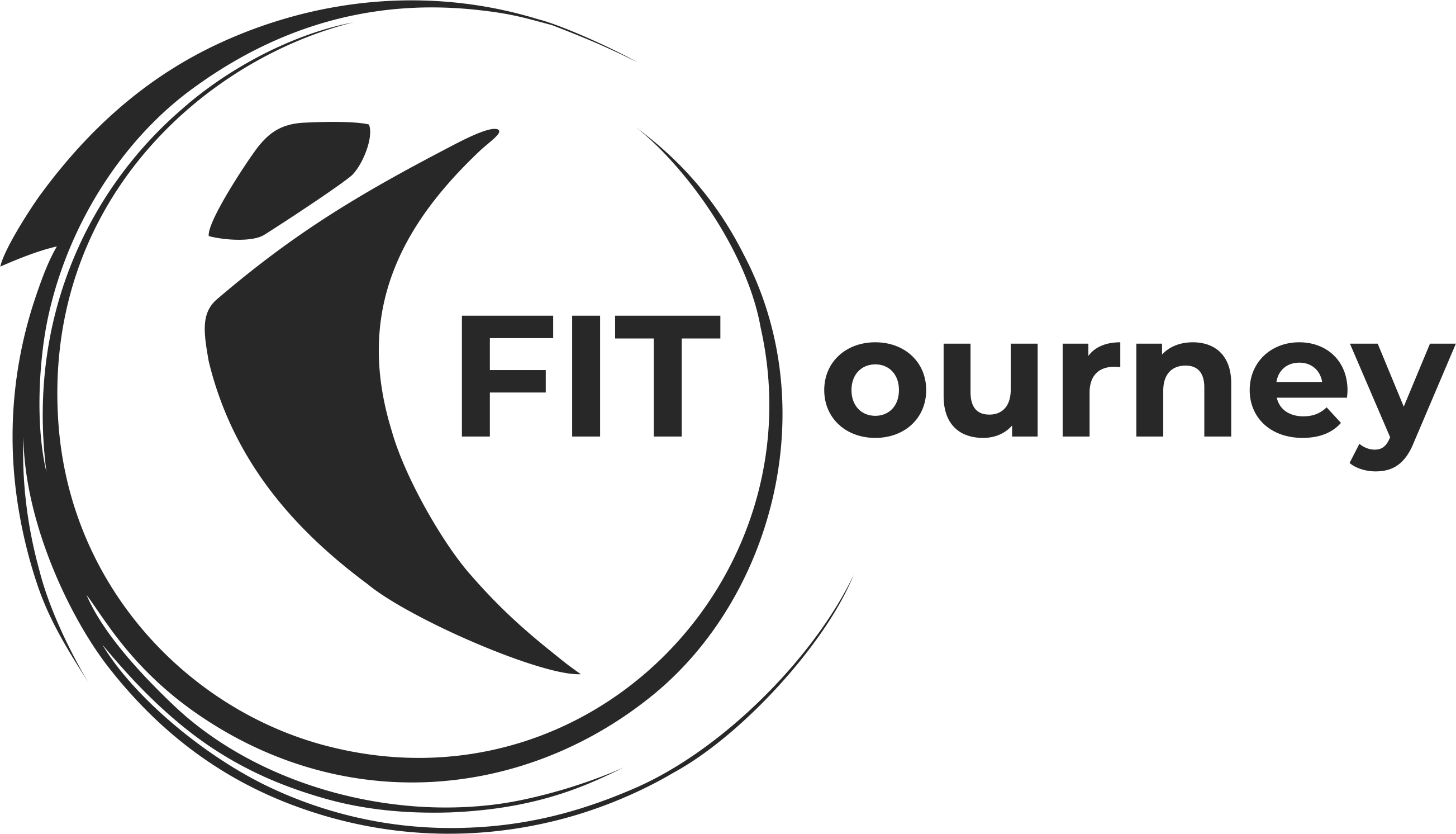People choose to become vegetarian for a number of reasons. For some, it's a health-driven choice, for others, it's about concerns over hormones in animal products, while many adopt it due to religious beliefs, animal rights, or environmental concerns.
There are several health-related benefits of being vegetarian, but there are downsides to this type of eating style. Here, we delve into the advantages and disadvantages of embracing a vegetarian lifestyle:
Pros of vegetarian diet
- Reduced disease risk: Being vegetarian, you are encouraged to consume whole grains, legumes, fruits, vegetables, nuts and seeds. These plant-based foods are rich in minerals and vitamins that boost your health and reduce your risk of many chronic diseases.
- Diverse Food Options: The vegetarian diet has a number of food varieties. From vegetables to fruits, from nuts to seeds, from whole grain to multi-grain, a vegetarian diet gives you several food options to fill out your plate.
- Environmental friendly: Environmental societies are more concerned about the impact of livestock and livestock farming practices on the earth. So some people choose to be vegetarian because they feel it is better for the planet. Additionally, farming of plants and vegetables needs fewer water resources and land as compared to meat, poultry and dairy production.
- Balanced Nutrition: Being vegetarian it is easy to complete daily recommendations of macros and micros. There is a concern about completing protein intake, but there are substantial resources available to help you meet your protein needs.
- Promotes weight loss: Vegetarian diet helps to reduce weight. A well-designed diet that is full of fibres and whole grains helps to control weight gain. Plant-based diets are often associated with weight loss. According to studies, vegetarians consume fewer calories than omnivores.
Cons of vegetarian diet
- Possible nutrient deficiency: A well-designed vegetarian diet can provide adequate nutrition. However, there are certain nutrients that are mainly found in animal foods. Zinc, vitamin B12, vitamin D, calcium and omega-3 are mainly found in animal foods.
- Not always healthy: It is not guaranteed that all that you eat in a vegetarian diet is healthy. There are a number of processed vegetarian foods. Many times, these foods contain more fat, sodium, added sugar, and calories than their traditional counterparts.
- Reduced satiety: Studies show that vegetarian diets are low in calories, fats and proteins. Foods that are higher in fats and protein help you to feel fuller and more satisfied. Some carbohydrate-rich foods such as fruits are quick to digest and may leave you feeling hungry very soon.
- Chemical exposure: For those who consume a plant-based diet, there are more chances of increased risk of exposure to herbicides and pesticides. Organic foods are a simple solution to this problem. Although these products are often expensive, they may not be available everywhere.
Conclusion
Adopting a vegetarian diet can be a robust step towards health. However, challenges emerge, especially when shopping for groceries, dining out, or attending social gatherings. The transition might demand initial effort but becomes more manageable over time. If considering this lifestyle, consulting a registered dietitian can ensure your nutritional needs are met comprehensively.

